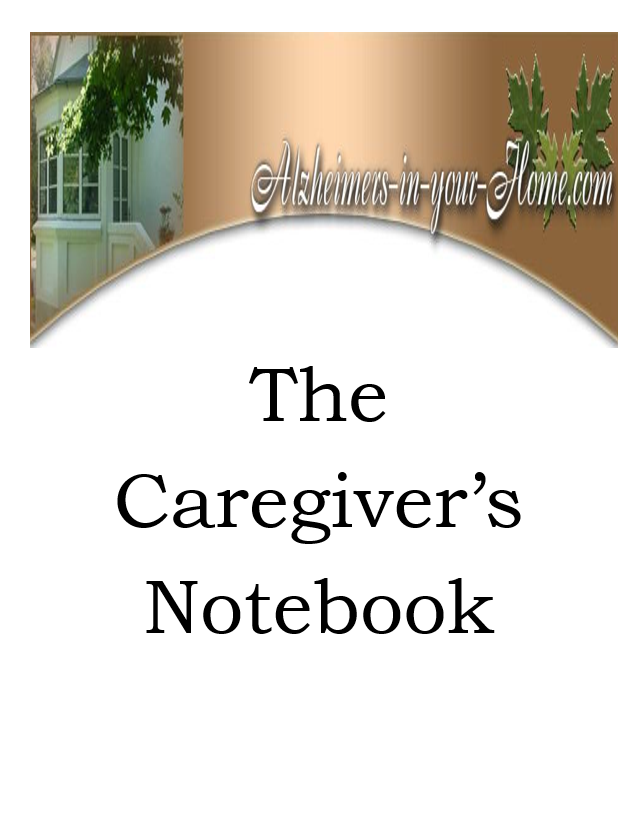Alzheimer's Disease
The Memories are not Eternal
Alzheimer's Disease -- A View From the Inside
Video by Cédric Bibix Barbier
Alzheimer's Disease what have we learned in the last 100 years?

Alzheimers Disease was discovered in 1901 by Dr. Alois Alzheimer, a leading neurologist in Germany. The concerned family of a 51 year old woman requested his help. The woman was having memory problems. She was also beginning to have problems with understanding the words when people were talking to her and increased difficulty speaking.
He accepted her as his patient and she lived at the asylum for the next four years until her death. Her condition steadily deteriorated. The confusion increased and she became very suspicious and agitated. As the disease progressed she began to wander around aimlessly and would scream when bedridden. She eventually became incontinent and was completely unaware of her surroundings.
Her symptoms progressed rapidly and she died in 1905. Dr. Alzheimer was intrigued by this strange illness. He performed an autopsy and discovered brain shrinkage, fatty deposits, dead brain cells, and abnormal deposits in and around cells. He discovered the neurofibrillary tangles and senile plaques which are now the defining characteristics of Alzheimer's Disease. He published his findings in 1907 and this new disease was named after him.
It wasn't until the 1960's that scientists realized the connection between the symptoms and the plaques and tangles in the brain. It was at this point the scientists realized this condition was not a normal part of the aging process. The scientific community began to fully research this disease in the 1970's. This research has led to a better understanding of the disease and treatments to help slow the process. At this point in time there is not a cure for Alzheimer's Disease.
Fourteen million Americans will have Alzheimer's Disease by the middle of this century unless a cure or prevention is found.
It is estimated that more than 47 million individuals worldwide who have Alzheimer's Disease.
This number will almost double every 20 years, reaching 70 million in 2030 and 131.5 million in 2050
Someone in the world develops dementia every 3 seconds.
One in 10 persons over 65 and nearly half of those over 85 have Alzheimer's disease.
2/3 of the people affected are women.
A small percentage of people in their thirties, forties, and fifties have early onset.
A person with this disease lives an average of 8 years after diagnosis and as many as 20.
At any given time, 7 out of 10 persons with this disease live at home.
It is the 6th leading cause of death in the United States.
Alzheimers Disease Home Page Alzheimers Stages Alzheimers Resources Alzheimers Home Safety
Do you know what stage of Alzheimer's Disease your loved one is in?
Do you know what to watch for next?
Do you have sitters coming in and need to have a better system to help them provide the best care?
Does your loved one have behaviors that you should be tracking?
Do you have all of the information written down you need when you go to your doctor visits to help them understand what needs you may have?
Do you need help keeping track of appointments, medicines, vital signs, weights, meals, bowels, and behaviors?
The Caregivers Notebook will help you recognize what stage your loved one is in and prepare for what is coming next for your loved one.
It is very important you understand the disease and know what is coming next!
I also have an Alzheimers Blog site
Please check it out if you have time, I believe there is a lot of information you may find helpful.

